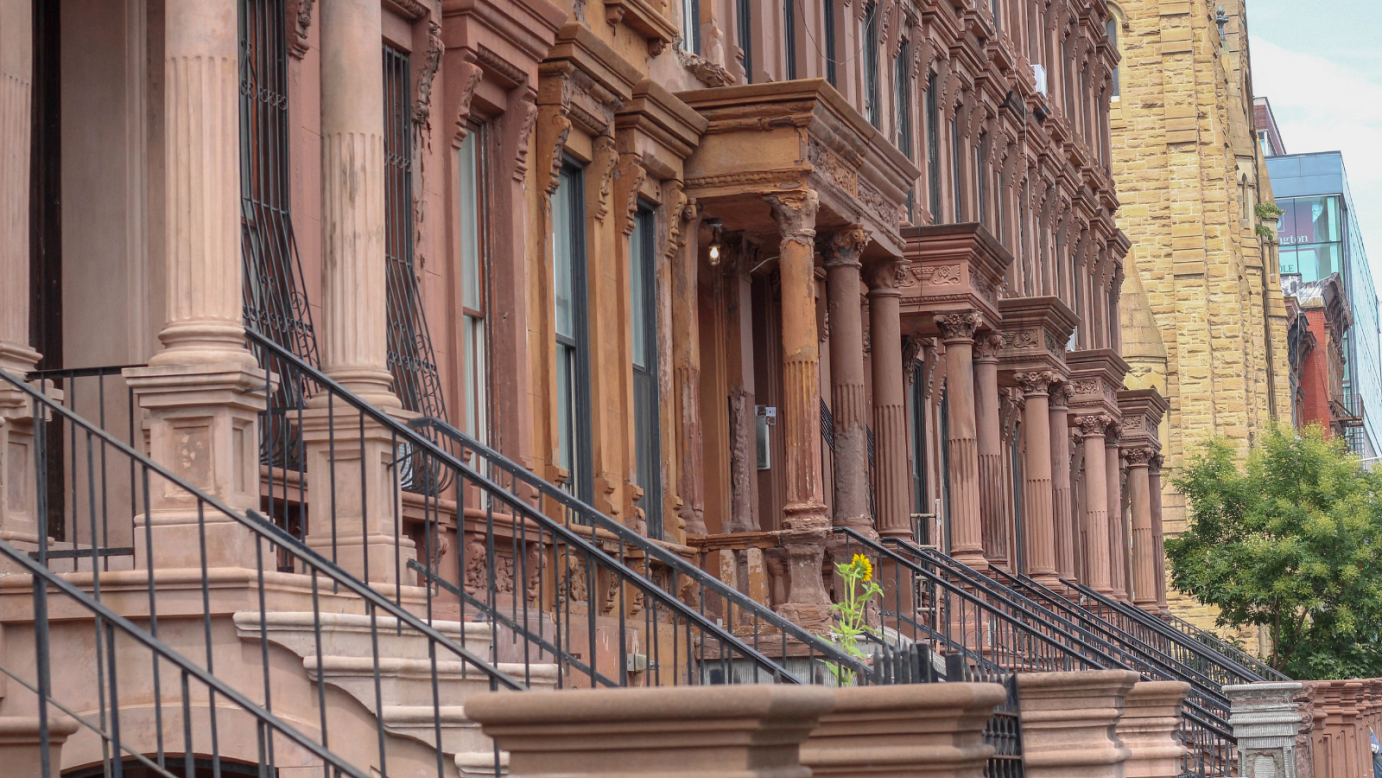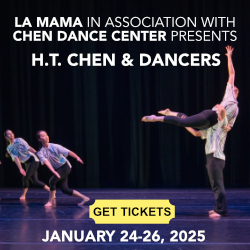Dance Worker Digest | June 2024
Thursday, June 27, 2024
Dance Worker Digest | June 2024

Dance Worker Digest
June 2024
This month's Dance Worker Digest topics cover city zoning reforms, legislation to end broker fees in NYC, a new federal rule on web accessibility, and visa petition changes.
New York City Dancing Ban *Officially* Repealed as Part of Zoning Reforms
 On June 6, the New York City Council voted to lift a Prohibition-era dancing ban as part of the “City of Yes for Economic Opportunity” zoning reforms. Under old zoning laws, social dancing was prohibited in smaller nightlife venues in over 80% of New York City. These laws, through uneven enforcement and burdensome fines, disproportionately impacted marginalized BIPOC, LGBTQIA+, and immigrant communities. Now, any commercially-zoned bar or restaurant can have a dance floor, provided it is appropriately sized for the business.
On June 6, the New York City Council voted to lift a Prohibition-era dancing ban as part of the “City of Yes for Economic Opportunity” zoning reforms. Under old zoning laws, social dancing was prohibited in smaller nightlife venues in over 80% of New York City. These laws, through uneven enforcement and burdensome fines, disproportionately impacted marginalized BIPOC, LGBTQIA+, and immigrant communities. Now, any commercially-zoned bar or restaurant can have a dance floor, provided it is appropriately sized for the business.
Social dancing is an important part of community building, self expression, autonomy, and economic development. By asserting the right to dance across New York City neighborhoods, these new regulations bolster cultural inclusivity, boost business, and remove the burden of racially-biased enforcement on small businesses.
• Review Dance/NYC’s City Council Testimony on the importance of social dancing
• Explore LegalizeDance.Org
• Check out the New York City Council’s Instagram summary
New York City Council Considers Law to End Forced Broker Fees
 The New York City Council is currently considering the Fairness in Apartment Rental Expenses (FARE) Act, which would end forced broker fees. Under current law, renters often have to pay broker fees when moving into a new apartment, even when it is the landlord who hires the broker. The FARE Act would ensure that tenants would not have to pay fees for a broker they didn’t hire.
The New York City Council is currently considering the Fairness in Apartment Rental Expenses (FARE) Act, which would end forced broker fees. Under current law, renters often have to pay broker fees when moving into a new apartment, even when it is the landlord who hires the broker. The FARE Act would ensure that tenants would not have to pay fees for a broker they didn’t hire.
The FARE Act would boost transparency and housing affordability for all New Yorkers, including dance workers. Dance workers in New York City earn 15% below the NYC living wage and often cannot afford burdensome moving costs. This is a vital action in ensuring that everyone in our dance and broader communities can afford safe, stable housing in New York City.
• Check out City Council Member Ossé’s explainer video
• Review Dance/NYC’s Testimony in support of the FARE ACT
• Contact your City Council Member about the FARE Act
U.S. Department of Justice Publishes Final Rule on Web and Mobile App Accessibility
 On April 8, 2024, the U.S. Department of Justice published a new rule under Title II of the Americans with Disabilities Act. This rule sets accessibility requirements for all web content and mobile apps managed by state and local governments. It is instrumental in ensuring that disabled people can access vital government services and participate fully in civic life.
On April 8, 2024, the U.S. Department of Justice published a new rule under Title II of the Americans with Disabilities Act. This rule sets accessibility requirements for all web content and mobile apps managed by state and local governments. It is instrumental in ensuring that disabled people can access vital government services and participate fully in civic life.
By ensuring digital accessibility across all levels of government, this rule allows more disabled people to access things like public transportation routes, food assistance, election information, university lectures, and more. This will have a significant positive impact on many disabled members of the dance community. While the rule only applies to government entities, non-governmental dance and arts entities should also work to improve web accessibility.
• Check out the Department of Justice’s Press Release
• Review the ADA Fact Sheet on the New Rule
• Learn more about digital accessibility
New O & P Visa Application Fee Increased, Effective as of April 1, 2024
 Starting April 1, 2024, a new UCSIS rule went into effect, increasing visa fees and changing the application form for O & P visas. It also increases the cost of Premium Processing Service and extends premium processing time, as well as limiting the number of beneficiaries that can be included in a single petition. This means that large ensembles will need to file multiple petitions.
Starting April 1, 2024, a new UCSIS rule went into effect, increasing visa fees and changing the application form for O & P visas. It also increases the cost of Premium Processing Service and extends premium processing time, as well as limiting the number of beneficiaries that can be included in a single petition. This means that large ensembles will need to file multiple petitions.
Increased UCSIS fees may create additional barriers for immigrant and international artists. By increasing costs for dance organizations to book international talent, the new rule may negatively impact diversity in dance. Importantly, fee increases cause significant barriers for immigrant artists, who typically shoulder the costs of their applications. Organizations should know that there are reduced fees for nonprofits as well as for-profit businesses with fewer than 25 full-time equivalent employees. All applicants should also be sure to use the updated forms from the UCSIS website to avoid processing issues, as there is no grace period for using outdated forms.
• Explore the UCSIS Frequently Asked Questions on the new rule
• Check out the Artists From Abroad news alert
• Review the final rule via the U.S. Government Federal Register




